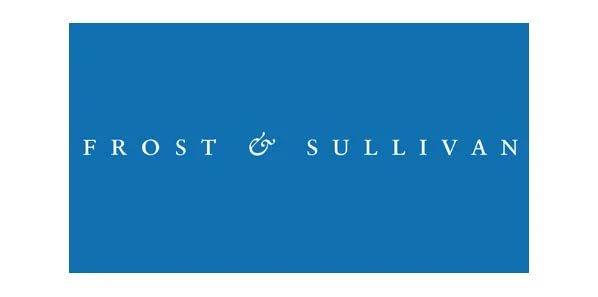Developing regions, Asia, Africa and Latin America present the biggest opportunities.
Due to the growth in the infectious diseases diagnostics market for tuberculosis (TB), hepatitis C virus, human immunodeficiency virus (HIV) and human papilloma virus, commercial opportunities, particularly in the developing economies of Asia, Africa and Latin America, are ever increasing.
As governments take urgent measures to reduce healthcare expenditure in response to economic and political pressures, the demand for diagnostics, especially for high-throughput automated platforms and point-of-care testing devices, is rising.
Frost & Sullivan’s new analysis entitled “Emerging Technologies in Infectious Diseases Diagnostics” reports on a market typified by the steady introduction of enhanced devices and technologies due to their short lifecycle.
Previously used slow, culture-based tests that necessitate experienced personnel and require stringent microbiological safety precautions for the screening of drug-resistant TB are being phased out in favour of new molecular technologies.
Geethu Roshan Verghese, Technical Insights Research Analyst, explained that new kinds of diagnostic devices were the result of startup companies developing diagnostic technologies from a great range of disciplines and sources. He added that molecular diagnostic technologies was such an example, where an array of technology disciplines had enabled the creation of technology platforms capable of addressing factors such as point-of-care usage and low cost.
For emerging nations the sustainable local manufacturing of infectious diagnostic products is still a challenge. In addition to funding and having the proper infrastructure with adequate skills, the mindful assessment of safety, quality and regulatory issues is fundamental to each phase of the process.
Even though diagnostics research for infectious diseases is vital to disease control, surprisingly little funding is allocated to the sector in comparison with other areas of translational research such as drug and vaccine development.
In order to develop diagnostic tests along with a robust detection system it is necessary for predictive markers to be identified and validated. Multidisciplinary research groups need to include life scientists for biomarkers discovery and physicist engineers for instrument design.
The emergence of new business models associated with commercial health management is evident, and alliance models and partnership seem to present the most reliable strategy.
Cecilia Van Cauwenberghes, Technical Insights Senior Research Analyst, described how the provision of complete diagnostic service packages to both private and public sector clinics and hospitals was becoming a common trend. She went on to say that since the majority of procurement contracts rested with testing companies, these major corporations held a significant degree of influence on market trends, contributing to the expansion of their innovations in developing countries.
24 April 2014
Latest Articles
Research, Diagnostics, Technology, Frost & Sullivan, diagnostic tests, diagnostic devices
Developing regions, Asia, Africa and Latin America present the biggest opportunities. Due to the growth in the infectious diseases diagnostics market fo...










